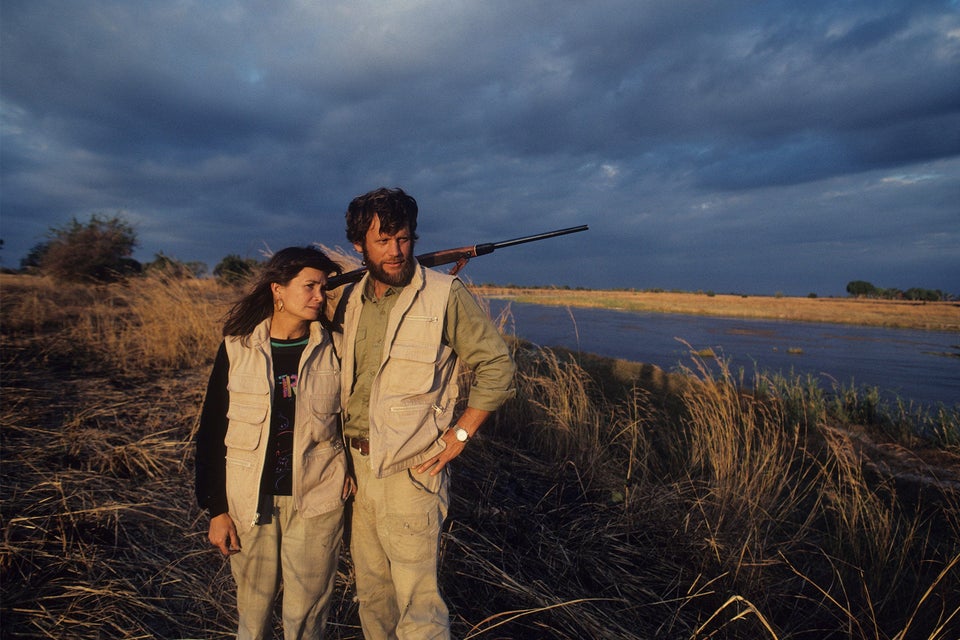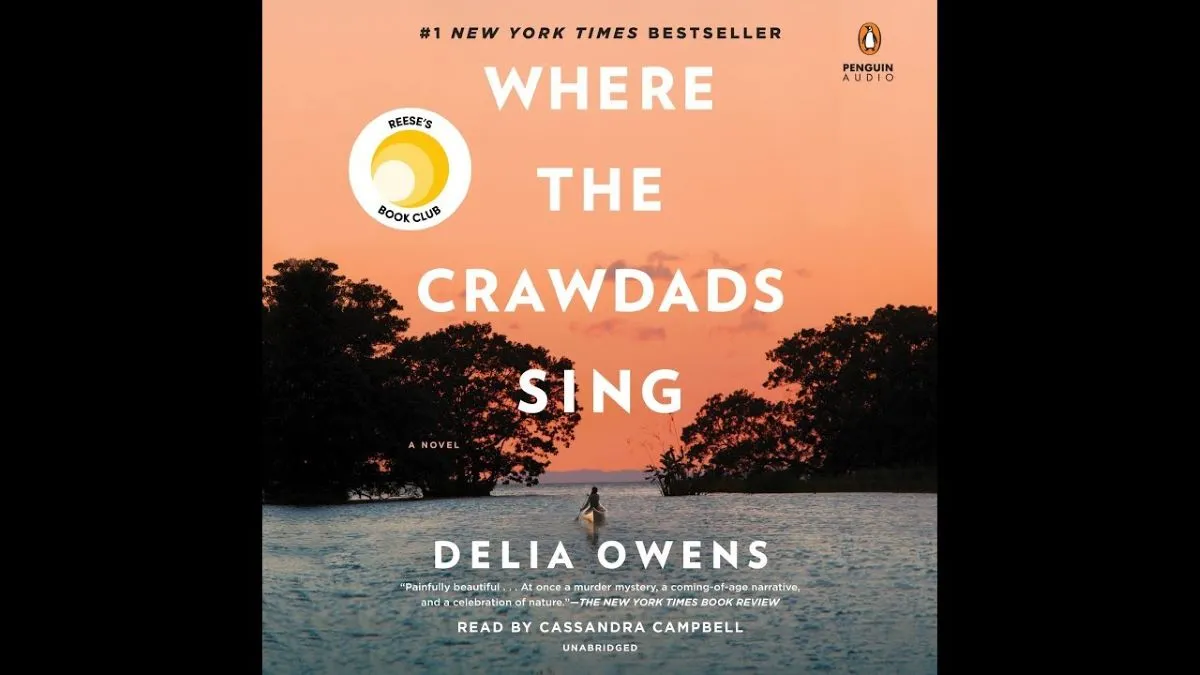Warning, this article discusses and features imagery of real-life violence.
Much like the plot of the novel the upcoming movie Where the Crawdads Sing is based on, the life of author Delia Owens is one clouded by legal and moral controversy.
A conservationist and activist, Delia Owens has an extensive history, having worked with lions, hyenas, and elephants in Zambia and Botswana, and has written nonfiction books on both.
However, that history has a dark side.
While studying Luangwa elephants in Zambia with her husband and stepson, Owens and her family apparently had clashes with some poachers in the area. Her husband Mark Owens went so far as to join a local group that trained scouts to shoot poachers on sight.
ABC’s Turning Point made a 1996 segment on this group, with focus on Mark and Delia, due to them being Americans. Delia apparently recalled how the fight to save elephants strained both her and Mark’s physical health, as well as their marriage. The couple also apparently talked about their training, where they encourage others to shoot poachers as soon as they see them, or else risk being killed in turn by poachers hoping to make bank. The Episode concluded with the filmed killing of one such poacher.

This is where there is some discrepancy in facts.
Some witnesses stated that Mark Owens was the one who pulled the trigger. Some sources also say there is disagreement as to whether the person who was killed was actually a poacher, whether he was armed or not, whether the person who killed him had any authority to do so.
In any case, Mark and Delia left Zambia shortly after and they have been warned to not return by the Zambian government.
Both the legality and the ethics of this case are ambiguous for many reasons; Mark Owens himself said it was difficult to get the government to take action back in those days.
There are arguably some ‘white savior’ undertones to parts of this narrative, implying that white foreigners care more about African wildlife than locals do, and working to find work for the locals not to improve their lives, but so that they will not become poachers. Meanwhile, the recent downturn in Zambian poaching is credited to conservationists actually working with local communities.
This case also mirrors many stories of poachers being trampled or killed by the animals they were hunting, to the uproarious support of the Internet, only for more info to cast the guilt of the poachers into doubt. Indeed, many of these suspected poachers are individuals caught in a brutal cycle of poverty that is made worse by having to compete with wildlife for resources and/or being offered a life-changing amount of money by black-market smugglers or big-game hunting tourists.
Of course, many African governments do have programs that train conservationists to shoot, but there is a solid difference between government workers and conservationists who have genuine authority and a group of foreigners who have little legal reason to be in the country.

“It’s not the role of foreign visitors to Zambia to run around with guns,” said Hugo van der Westhuizen, the man who ultimately replaced Mark Owens.
“He scared my people,” Chief Chifunda, whose ancestral lands were taken by the British to make North Luangwa Park, said of Mark Owens. “The man has an illness. He loves animals more than he loves people.”
It doesn’t help that Christopher Owens, Mark’s son, was also named by witnesses at the scene as an aggressor and has been convicted of assault multiple times in the years since.
This story is so dramatic, some argue that Owens herself drew on it in her debut novel, about a young woman living in the wild who is accused of murder. Jeffrey Goldberg of The New Yorker wrote an 18,000 word story on them, that reads like a part conservationist catalog, part true crime doc, and part romance thriller.
But what does that mean for Where the Crawdads Sing?
Apparently, producer Reese Witherspoon and songwriter Taylor Swift have not yet responded to inquiries about the controversy, and are unlikely to open up that line of questioning.
And the never ending question of separating the art from the artist is once again posed.
Obviously, the success of the movie will not change the fact that the novel was a New York Times Best Seller.
But hopefully, any and all news coverage of the controversy will allow prospective viewers to view the story with an understanding that all fiction is filtered through the lens of its creator and therefore should be interrogated as such.










Published: Jul 11, 2022 12:18 pm